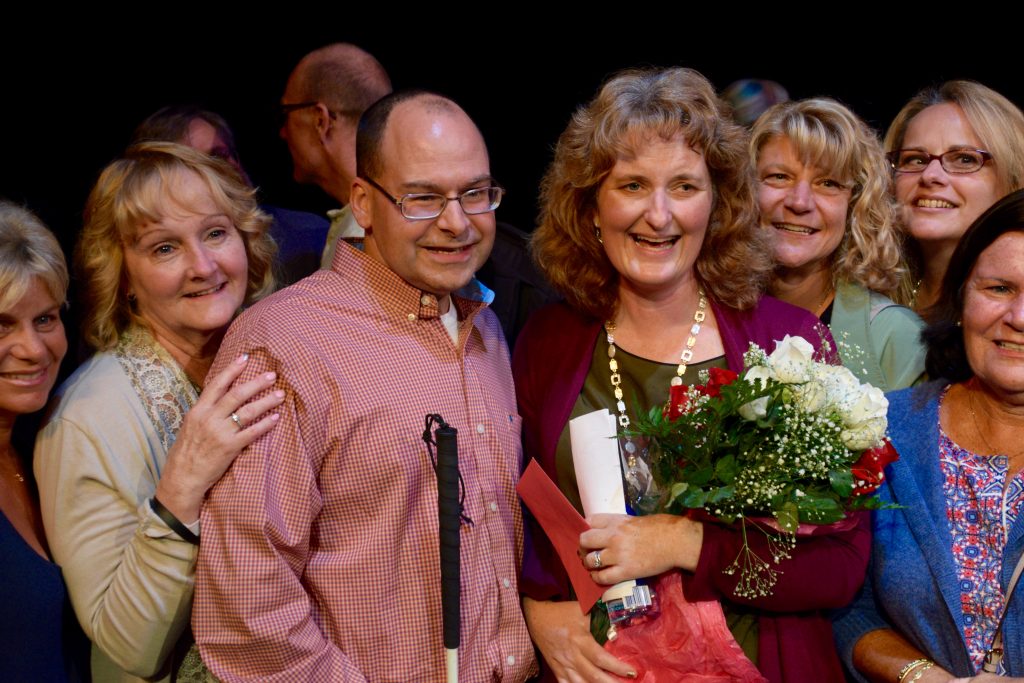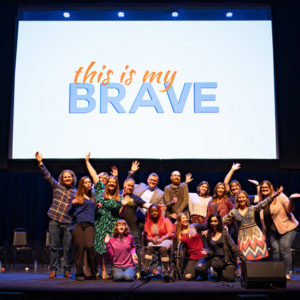A Guest Post on World Suicide Awareness Month
I sit frozen at my work desk listening for sirens headed in the direction of the train station. He gets out of school right around now. It will take him about three minutes to walk to the station and a few more minutes for the train to come. Will this be the day? Time passes. Then more time. No sirens. I exhale now. He has not ended his life today, at least not by jumping in front of the train intended to pick him up and bring him home. He hasn’t said that this is his intention. He is way too smart for that. Words like that get him a stay in the hospital and after four stays already, he has no intention of going back. But his whole person oozes suicide. He has disengaged from life. He lives on the fringe of conversations. It’s trickier this time because he doesn’t show the typical signs of depression or at least the signs that he showed before. He is not sleeping all day. He is up and showered. He goes to school. His appetite is fine. But he is distant. He is here but not here. He has given up. And when I ask him about it, he doesn’t deny it. But he doesn’t say the words that get him hospitalized. I don’t blame him. His last few years – which have required him to cope with physical disability and fragile mental health – have been nothing short of hell. If he finds mental wellness, the physical disability will still be there waiting for him. When is enough enough? I don’t know. Either way, his choice to live or to die is not my decision to make.
I am not sure how others deal with a loved one’s risk of suicide when hospitalization is taken out of the equation. At first, I was careful to make sure he didn’t have a lot of time alone. But that wasn’t sustainable. I had to return to life even as he was backing away from it.
I go to work. I pull into my driveway at day’s end, and sit there in the dark taking deep breaths, steeling myself for what might await me when I walk in the door. Will he be alive? If he isn’t, what will I do? I already know. I will sit with him quietly for a while – an hour maybe – before I call anyone. Then I will invite the world in. I walk into the house and he is there. Alive. I exhale. He has not ended his life today.
Along the way, we have brutally honest conversations. I say “I will be so angry if after all I’ve been through (yes all I’ve been through) the past few years – if I am the one to come home and find you dead. If I have to process these memories along with all the others…”
Time passes. The bad days become less frequent. He grabs onto hope again and walks toward it. Only later, does he admit to me that during the hard months prior, he did have very specific plans to end his life. I knew that. Without words being exchanged, I knew what he was planning. What stopped him was that he couldn’t figure out how to do it and not have me be the one to find him. He couldn’t solve that. And he didn’t want me to find him. So he didn’t do it.
This lack of solution bought him – us really – time. And time was what we needed. Time for the medicine to bring relief. Time for a different way of thinking about life to set in. During his worst times, I remember thinking that his life really was awful and that asking someone to go on living in that much pain didn’t seem reasonable. I think the better ask during such pain is “please try to hang on until we figure out a way to relieve the pain so life can be lived again.”
Now he looks back grateful that he chose to stay. He says things like “What was that voice in my head telling me I should off myself? Who was that guy…I love my life.” That voice was illness. That voice was hopelessness. That voice was loud and we needed help silencing it so he could hear the whispers of his own bright soul saying “I love my life” and life’s clear whisper back, “I love you too.”
– Becky LeBlanc

Becky and Joe are alumni of the Boston 2017 This Is My Brave Show. They celebrated their 21st wedding anniversary this year.

